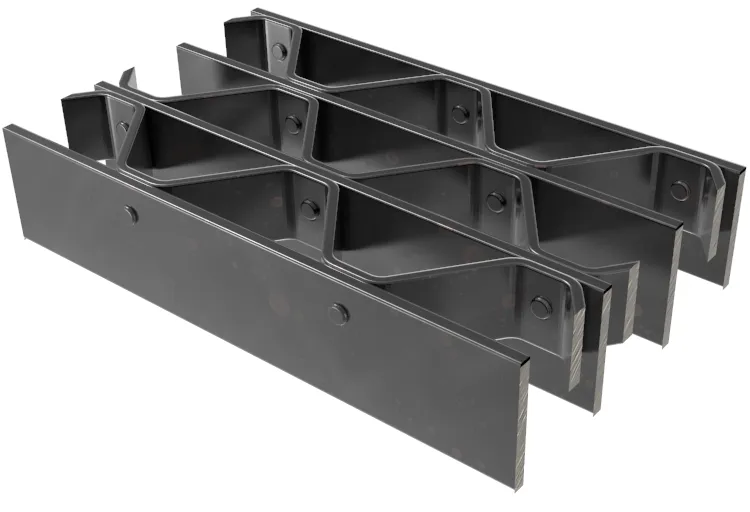- Industrial zone, South of Anping Town, Hengshui, Hebei, China.
- sales@hfpetromesh.com
- +86-18931809706
industrial floor grates
The Importance of Industrial Floor Grates
In various industrial settings, the functionality, safety, and efficiency of operations heavily rely on the infrastructure in place. One critical component of such infrastructure is the industrial floor grate. These grates play a pivotal role in maintaining cleanliness, ensuring safety, and facilitating the efficient operation of various facilities.
What Are Industrial Floor Grates?
Industrial floor grates are designed to cover openings in the floor, allowing for the passage of fluids while providing solid footing for workers. They are typically made from durable materials such as steel, aluminum, or fiberglass, chosen for their strength and resistance to corrosive elements. Floor grates can be found in numerous industrial environments, including manufacturing plants, warehouses, food processing facilities, and chemical plants.
Enhancing Safety
One of the primary functions of industrial floor grates is to enhance workplace safety. By allowing liquids—such as water, oil, or chemicals—to drain away, grates help prevent slippery surfaces that can lead to accidents. In factories, where machinery operates continuously and spillage is common, grates are essential for ensuring that floors remain dry. Furthermore, grates can help contain hazardous materials, minimizing exposure and reducing the risk of slips and falls.
Maintaining Cleanliness
industrial floor grates

Cleanliness is critical in any industrial environment, especially in sectors like food processing and pharmaceuticals, where hygiene standards are stringent. Industrial floor grates facilitate efficient drainage of liquids, which can help keep floors clean and free of debris. By promoting a clean environment, grates play a crucial role in protecting products and ensuring compliance with regulatory standards. In addition, they can also help manage waste efficiently, as they prevent the accumulation of dirt and contaminants.
Customization and Versatility
Industrial floor grates come in various designs and sizes, providing versatility to meet specific operational needs. They can be customized to fit different floor openings and can be designed to accommodate varying loads, ensuring that they can support heavy machinery and equipment. Additionally, some grates feature anti-slip surfaces or perforations to enhance grip and safety, further catering to the requirements of specific industries.
Corrosion Resistance
Given the harsh environments in which industrial grates are often found, corrosion resistance is a vital feature. Materials like stainless steel and galvanized steel are commonly used for their durability and resistance to rust and chemical degradation. This longevity translates to lower maintenance costs and reduced downtime, ultimately benefiting productivity.
Conclusion
In conclusion, industrial floor grates are more than just functional elements of workplace infrastructure; they are essential components for safety, cleanliness, and efficiency in various industrial settings. Their ability to enhance workplace safety, maintain hygiene standards, and withstand the demanding conditions of industrial environments makes them invaluable. As industries continue to evolve, the design and functionality of industrial floor grates will likely advance, ensuring that they meet the ever-changing needs of modern industrial operations. Investing in high-quality floor grates is an investment in workplace safety and operational efficiency, underscoring their importance in the industrial sector.
-
The Power of Pyramid Shaker Screen - A 3-Dimensional SolutionNewsOct.24,2024
-
Exploring the Versatility and Durability of Steel GratingNewsOct.24,2024
-
Revolutionizing Drilling Efficiency with Steel Frame Shaker Screens for Mud Shale ShakersNewsOct.24,2024
-
Potential of Shale Shaker ScreensNewsOct.24,2024
-
Offshore Pipeline Counterweight Welded Mesh - Reinforced Mesh in Marine EngineeringNewsOct.24,2024
-
Revolutionizing Offshore Pipeline Stability with Concrete Weight Coating MeshNewsOct.24,2024
